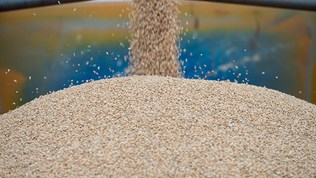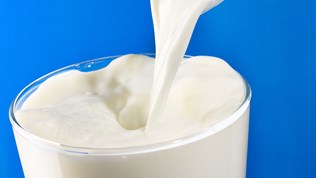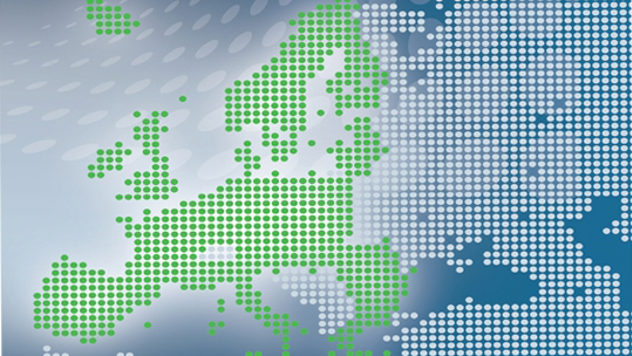Agricultural commodity trade
All countries in the world will produce and trade enough food to ensure their own populations safe and sufficient nourishment. To facilitate food production in Norway there is a tariff to protect many agricultural products. The tariff rates are determined in international trade agreements.

The Global Food Challenge
The world population will grow to 9 billion people by 2050. Food production therefore needs to be increased by 70 percent in the same period. This is a major challenge, partly because conditions for agricultural production are altered as a result of climate change and partly for lack of access to land and water in many areas. The UN Food and Agriculture Organization (FAO) is working to meet the global food challenge.

Import duties for agricultural products
Import duties to protect domestic agricultural production is an important instrument in the Norwegian agricultural policy. Most agricultural commodities produced in Norway are protected. At the same time, more than 80 % of agricultural imports enters duty free. For products such as sugar, rice, fruit and vegetables outside the Norwegian season, there is no import duty. All developing countries have reduced tariffs on exports of agricultural products to Norway. The 52 poorest countries in the world have duty free access.

International treaties and cooperation
Norway is a trading nation. In a global context, Norway has a small, open economy. The main trade organization Norway has joined is the World Trade Organization (WTO) based in Geneva. This organization establishes rules and rights for trade between countries. Especially for small countries it is important to have multilateral regulations for trade.